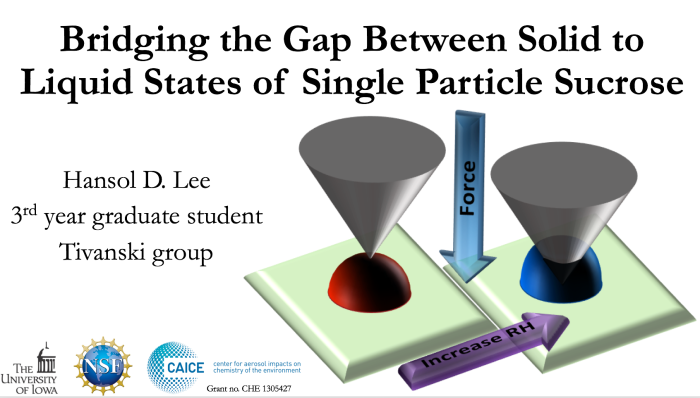You might think I’m crazy.
But I think that it’s really FUN stuff. And I don’t even consider this WORK per se. I get paid to travel and talk about my science. I may meet a scientist whose work I have only read about in big scientific papers, but never actually sat down and discussed it with them. But here they are, right in front of me!
Not a lot of jobs can provide unique experiences like that.
For those who are not yet aware, a big part of science is about science communication. It does not matter whether you produce ground-breaking results in your experiments or come up with a theory to explain an important phenomenon, if you cannot tell others about it.
Now, the communication can come in many ways: scientific papers, news, blogs, and presentations to name a few. Scientists of all levels hold national and regional meetings, such as the American Chemical Society (ACS) for chemists, where some of us present the latest and greatest results to the audience.
And having the opportunity to give a presentation at a national-level conference is a BIG HONOR for a graduate student. Usually, faculty and experienced scientists dominate the roster. But, I was lucky enough to have a) a great advisor, b) helpful and supportive collaborators, and c) membership to Environmental division of ACS that truly cares about their graduate students. I think they recognize that we are the ones who will be spearheading the future of science one day. I appreciate their investment and really cannot thank them enough for this opportunity.

So anyways, this was the title page of my talk (Fig. 1). My title was based on the recent work we did in University of Iowa with a microscopy technique called “Atomic Force Microscopy”. We pride ourselves in being able to use this technique to characterize atmospherically-relevant aerosol particles (more information on our research). I cannot say much more as to the actual content, because we are preparing this work for a publication in a scientific journal. Hopefully, once it does get published, I can write a public-friendly synopsis of our results!
I was able to present this as the very last talk in the session. Normally, they reserve the very first and last talks as the power positions for the most exciting content. So am I being too cheeky? No, because I am quite sure that it was a simple coincidence, but nevertheless, am thankful for the opportunity.
Of course, I would be lying if being the last of the entire session was not daunting. But don’t let the evil monsters inside your brain dictate what happens. Remind yourself that the audience DESERVES to know what you discovered. It’s your DUTY to spread the science.
What are your experiences with science communication in general, as well as attending scientific conferences? Comment, like, and share below!